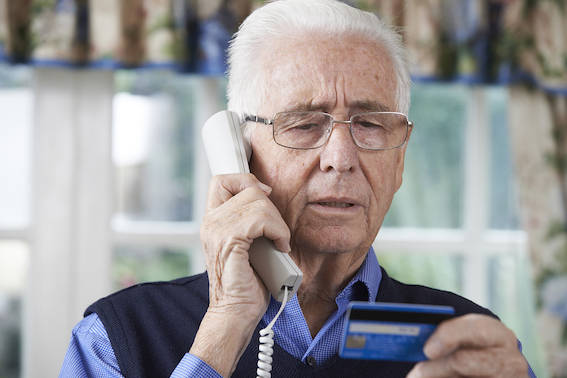
Senior Safeguard: How DEXSTA Protects You Against Senior Scams
- By DEXSTA
- 8.28.2019
- Latest News
We’ve written before about the benefits of educating teens and children about smart financial choices. DEXSTA even provides special savings accounts to support the next generation. But did you know we’re also taking steps to protect our senior members?
Annually, as many as 5 million senior citizens are targets of financial abuse. And according to Adult Protective Services, 1 in 9 seniors will be exploited, but only 1 in 44 will report it. This is because elderly fraud victims are either unaware they were scammed, or too embarrassed to report it. In response, the Cooperative Credit Union Association (CCUA) created the CU Senior Safeguard program.
What is the Senior Safeguard Program?
Senior Safeguard is a collaboration between CCUA and EverFi, a digital education company. The program trains teams across the country to protect our senior members, as well as your caretakers and families. Specifically, Senior Safeguard trains credit union employees to recognize and prevent senior scams and fraudulent charges. Another critical aspect of the program is raising awareness about how often elderly fraud happens, and what it looks like. This knowledge empowers you to navigate your financial world with confidence.
Common Scams to Watch Out For
Unfortunately, scammers target the elderly because they believe they’re unable to protect themselves. There’s also a widespread belief that seniors are financially comfortable. Finally, many consider senior scams a “low risk” crime, since senior scams either go unreported or are hard to prosecute. So what do you need to watch out for to avoid falling into a financial trap?
The National Council on Aging (NCOA) keeps a list of common scams that target seniors. These include medical and health insurance fraud, sweepstakes and lottery scams, and phone scams. Seniors are also particularly vulnerable to email and phone phishing scams. Con artists may ask for donations to fake charities or claim to be long-lost family members.
High-Risk Behaviors
Luckily, there are steps that you and your family can take to prevent exploitation:
- Never provide personal information over email or the phone. Social security numbers, bank account and routing information, and personal information can all be used in scams.
- Only work with charities and organizations you know and trust. Scammers often pose as non-profits to get bank account information.
- Never wire money to a stranger.
- Do not open links in emails or download information from email addresses you don’t recognize. Email scammers often use fake anti-virus software to gather personal information from computers.
DEXSTA works to protect seniors, their families, and their caretakers from fraud
DEXSTA’s team is trained and certified to spot the unique risks our elderly members face. We’re raising awareness and working with local institutions to combat senior scammers.




